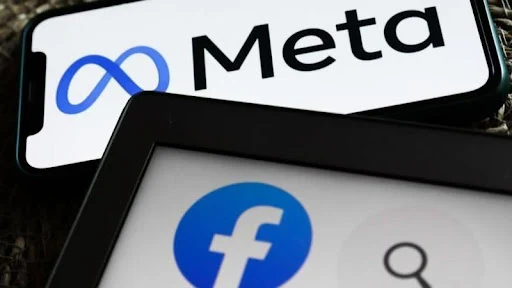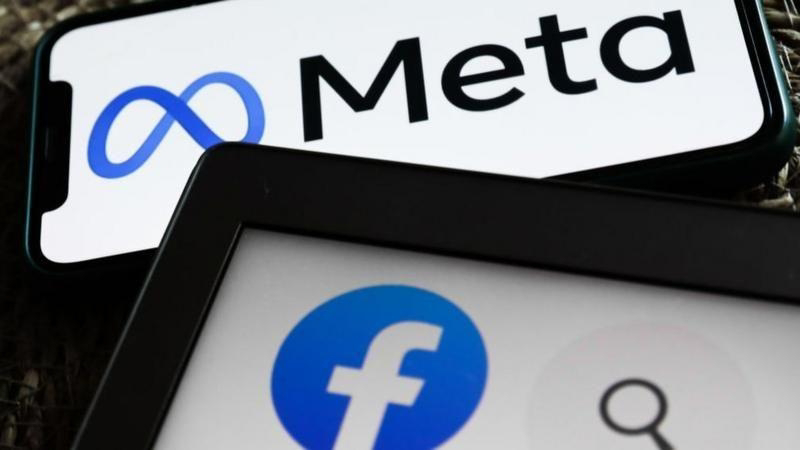Recently, the oversight board at Meta, the company behind social media platforms like Facebook and Instagram, proposed lifting the complete ban on using the Urdu and Arabic word ‘Shaheed’ (martyr) on these sites.
The oversight board’s rationale is that the complete restriction on using the word ‘Shaheed’ infringes upon the freedom of expression rights of thousands of individuals. They argue that their policy was in response to a request from Meta itself.
In their recent statement, the oversight board emphasized that Meta’s current policy disproportionately limits freedom of expression and is unnecessary. They recommend ending this complete restriction.
It’s important to note that the oversight board operates independently from Meta. Their purpose is to assess and make decisions on matters related to content on Meta’s platforms.
Why Does Meta Remove Content with the Word ‘Shaheed’?
Meta’s current policy on social media platforms like Facebook, Instagram, and Threads is to automatically remove any content containing the word ‘Shaheed’ without considering its context.
After removal, Meta sends a notice to the user, informing them that they violated the platform’s rules.
In a conversation with the BBC, the head of the Digital Rights Foundation and a member of the oversight board explained that Meta associates the use of the word ‘Shaheed’ with dangerous individuals and organizations. Essentially, Meta’s interpretation is that if someone uses this word, they are referring to a person who has been involved in violent activities, such as terrorism.
In other words, Meta’s policy aims to prevent the glorification of individuals or actions associated with violence, particularly acts of terrorism.
Why Did the Oversight Board Find Meta’s Policy Unnecessary?
According to Nighat Dad, a member of the oversight board from Pakistan, users have criticized this policy for several years. Many users felt that it was unnecessarily restrictive.
The oversight board believes that Meta should reconsider this policy, especially since it limits freedom of expression without a compelling reason. They argue that Meta should end this complete restriction.
It’s worth noting that the oversight board operates independently and has members from various countries. They make decisions based on the context of each case, challenging Meta’s policies or addressing user complaints related to those policies.
Conclusion
The debate around the use of the word ‘Shaheed’ highlights the delicate balance between freedom of expression and preventing harmful content. While Meta’s intentions are to prevent glorification of violence, the oversight board’s recommendation emphasizes the need for a more nuanced approach that respects users’ rights while addressing legitimate concerns.
Ultimately, the decision lies with Meta, but the oversight board’s role is crucial in ensuring transparency and accountability in content moderation policies across social media platforms.







COMMENTS